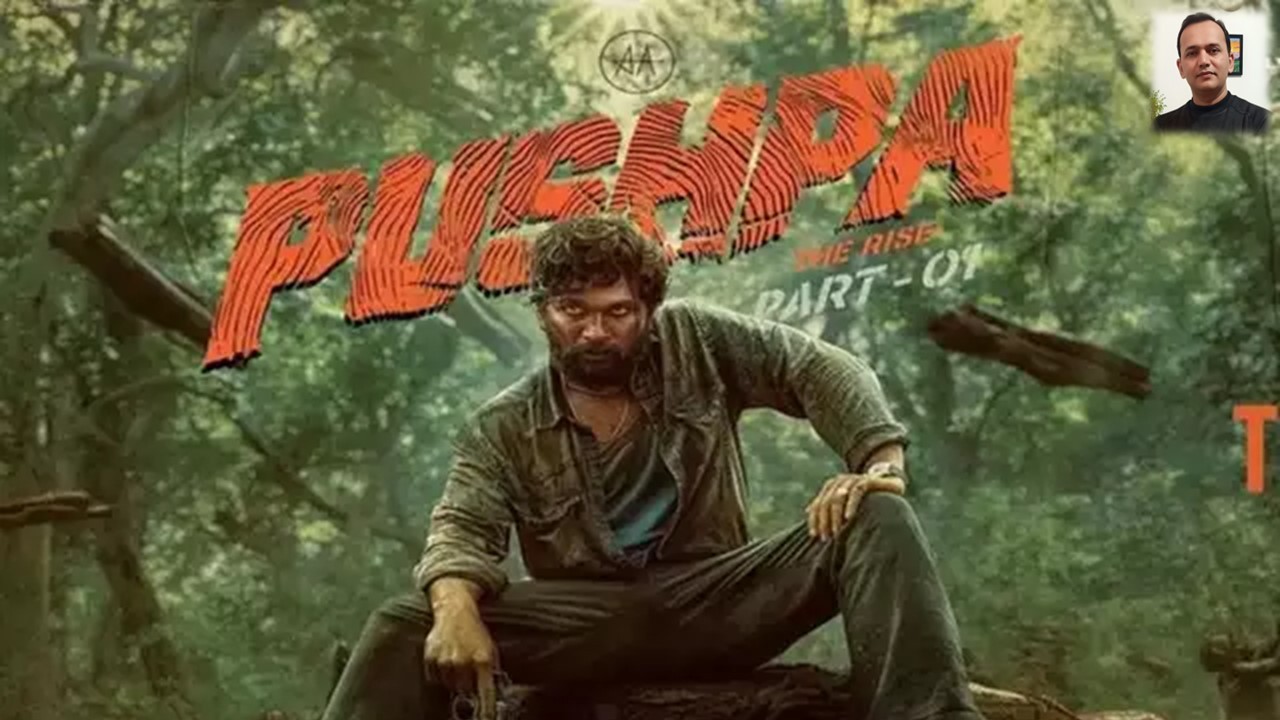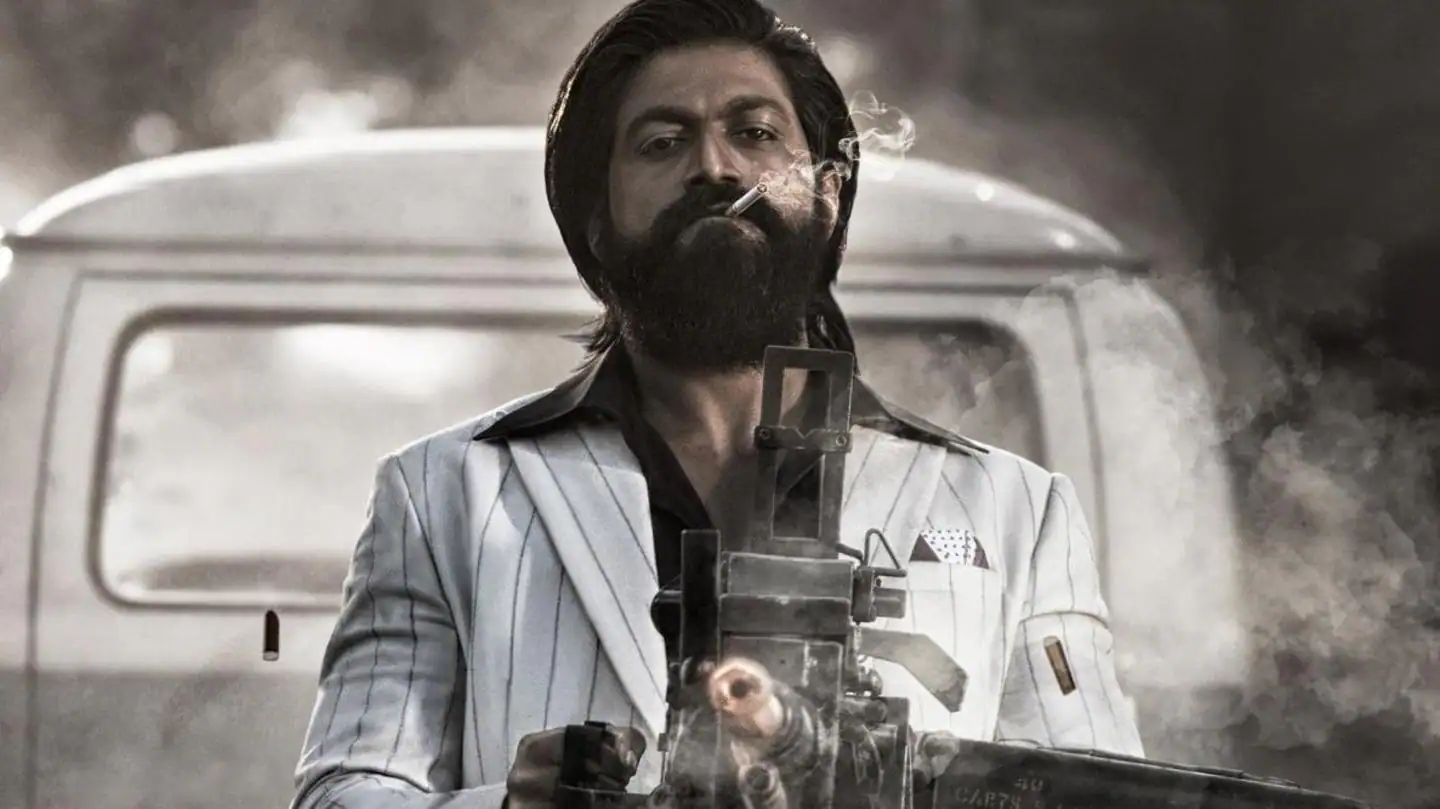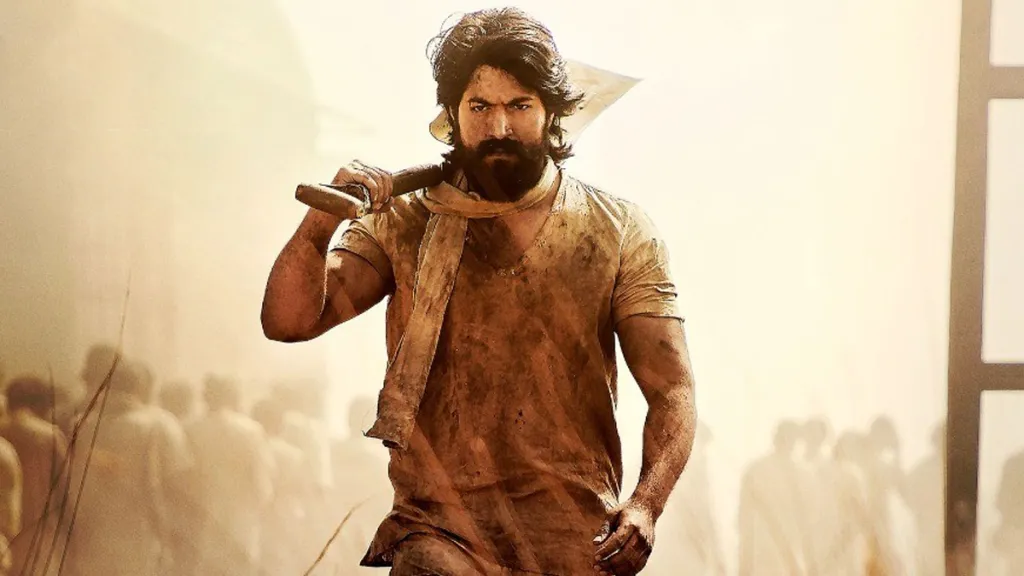Streaming
The Wrong Way to Use Healing Magic: Not like that!
The unneeded third wheel in the classic isekai trope, Ken Usato is stunned to discover that while he may not be the Hero the Kingdom of Llinger summoned, he can be heroic with his newfound ultra-rare healing magic!
So, the classic eternal battle between the human Kingdom of whomever, against the current Demon Lord and his multitude of minions, features a whole cast of well-known characters – the King of course, his family with at least one Crown Prince/ess, his Royals and Nobles, usually a whole bunch of badass Knights, Mercenaries, Magic-users of every color of the rainbow, archers and expendable foot-soldiers and the like. What most adventuring isekai actually tries to veer away from, is the realities of the battlefield, the stench and the horror, the dead and dying everywhere, and the very real danger any good healer has to face in order to do their duty as a healer.
And this is where Wrong Way to Use Healing Magic absolutely shines, somehow mixing the reality of the battlefield healer’s situation with the almost innocent adventurous joy of your favorite isekai. So, let’s dive headfirst into this!
The head kids of the Student Council back on Earth, Suzune Inukami and Kazuki Ryuusen, along with the ride-hitching Ken Usato, are transported to the Kingdom of Llinger by summoning a circle, to fight the inevitable demon lord attacking the kingdom. And while the Kingdom, even willing to use forbidden magic to summon these new Heroes as they are, is thrilled at the enthusiasm of Inukami and perhaps even the reluctance of Kazuki, they are absolutely terrified at Usato’s advent of healing magic. It’s all suddenly and rather violently explained with the introduction of Rose, a healer herself, head of the Rescue Team battlefield healers, and known to be an exceptionally brutal and eccentric trainer. Much to his chagrin, Rose gleefully scoops Usato up and deposits him into the most grueling training regimen of his entire young life!
And thus the training from hell, because that is quite possibly literally what it is, begins in earnest. Usato groans about the severe physical aspect of the training, as there is almost no magical training involved at all; he gets tossed into the Darkness of Llinger, a forest known for killing monsters and carnivorous plants, only to come out of it boasting a new blue grizzly companion; Blurin, as the large grizzly cub is named, instantly becomes a very large part of Usato’s running and training regimen.
All of this is effectively useless without actual battlefield experience, and monsters are fleeing the forest because the demon lord and his kin are encroaching, so we the Rescue Team really have to hustle! Rose has every intention of training a “subordinate who will never die”, haunted as she is by underlings she couldn’t save in her head of the Kingdom of Llinger’s army Knight past, and she dubs Usato eventually fit for the job, informing the King of such herself.
But what happens when the war, or at least the first major skirmish, begins in brutal violence, and the Rescue Team has no choice but to wade in? As it turns out, not only is Usato blessed with super strong healing magic and the training to now use it pretty well, he begins to use these powers in ways no one’s ever thought of before, offensively even. Imagine, using healing magic to create such things as what Usato unimaginatively names the Ultimate Healing Punch, but to save the Black Knight, an enemy combatant who Usato firmly believes is actually worth saving and converting.
And who’s to say Usato’s wrong? Rose, despite never coming up with such a thing on her own, is nevertheless extremely proud and considers her trust and faith in Usato and his wrong ways of using healing magic completely well-placed.
Find out what other wrong ways Usato and pals will use his healing magic, on Crunchyroll now!
Streaming
Review: Pushpa: The Rise (2021)

Director: Sukumar
Cast: Allu Arjun, Rashmika Mandanna, Fahadh Faasil
Genre: Action, Drama
Rating: 4.5/5
Pushpa: The Rise is a raw, adrenaline-fueled ride that showcases the underbelly of the red sandalwood smuggling trade in Andhra Pradesh. Directed by Sukumar, this movie brilliantly blends high-octane action with emotionally driven storytelling, making it a must-watch for fans of Telugu cinema and action dramas.
The narrative follows Pushpa Raj (Allu Arjun), a laborer in the red sandalwood trade, as he climbs the ranks to become a powerful figure. Born into poverty and scorned for his illegitimacy, Pushpa’s journey is marked by grit, ambition, and a fierce sense of self-respect. The film deftly balances the action-packed rise of Pushpa with moments of vulnerability, particularly in his tumultuous romance with Srivalli (Rashmika Mandanna).
The antagonist, Bhanwar Singh Shekhawat (Fahadh Faasil), is introduced towards the film’s end, setting the stage for a gripping sequel. The climactic confrontation between Pushpa and Shekhawat is a masterclass in tension-building, leaving viewers eagerly awaiting Pushpa: The Rule.
Allu Arjun: This is Allu Arjun’s film through and through. His transformation into Pushpa is a revelation, from his rugged look to his unapologetic demeanor. His mannerisms, including the now-iconic shoulder rub and dialogue delivery, make Pushpa an unforgettable character.
Rashmika Mandanna: While her role as Srivalli adds emotional depth to the story, it feels slightly underutilized. However, her chemistry with Allu Arjun is undeniable.
Fahadh Faasil: Despite limited screen time, Fahadh delivers a chilling performance as the cold and calculating Shekhawat. His presence promises an explosive conflict in the sequel.
Sukumar’s direction is stellar, balancing mass appeal with nuanced storytelling. The screenplay maintains a brisk pace, seamlessly weaving action sequences with character development. The film’s raw and grounded tone is a departure from the glossy feel of many mainstream Telugu films, adding authenticity to the story.
Mirosław Kuba Brożek’s cinematography is stunning, capturing the lush forests of Andhra Pradesh and the gritty world of the red sandalwood trade.
Devi Sri Prasad’s music is another highlight. Tracks like “Srivalli” and “Oo Antava” became cultural phenomena, while the background score enhanced the film’s intensity.
Action Sequences: The action choreography is visceral and hard-hitting, perfectly complementing the film’s tone.
The film explores themes of ambition, class struggle, and self-respect. Pushpa’s refusal to bow down to societal norms resonates deeply, making him a relatable anti-hero. The story also critiques the systemic exploitation of laborers, adding a layer of social commentary.
Pushpa: The Rise is an exemplary action-drama that redefines the Telugu film industry’s global appeal. With a magnetic performance by Allu Arjun, stellar direction by Sukumar, and unforgettable music, it stands out as one of the best films of 2021. While it occasionally falters with some underdeveloped subplots, the overall experience is nothing short of spectacular.
4.5/5 Pushpa: The Rise is a cinematic feast that deserves its cult status. Whether you’re a fan of Telugu action films or a newcomer, this film is a must-watch. Its cliffhanger ending ensures that Pushpa: The Rule will be even bigger and better.
Streaming
KGF: Chapter 2

Director: Prashanth Neel
Cast: Yash, Sanjay Dutt, Raveena Tandon, Srinidhi Shetty
Genre: Action, Drama
Rating: 4.5/5
KGF: Chapter 2 is an explosive sequel to the 2018 blockbuster KGF: Chapter 1. Directed by Prashanth Neel, the film elevates the gritty narrative of Rocky (played by Yash), a man who rises from poverty to become a feared and revered leader. The sequel builds on the success of the first chapter with an even grander scale, intense drama, and jaw-dropping action sequences.
The story picks up with Rocky establishing his dominance over the Kolar Gold Fields after eliminating his rival, Garuda. As the “king of KGF,” Rocky faces new challenges, including the vengeful Adheera (Sanjay Dutt), who returns to reclaim what he believes is rightfully his. Meanwhile, political power struggles arise, with Prime Minister Ramika Sen (Raveena Tandon) intent on curbing Rocky’s influence.
The film delves deeper into Rocky’s psyche, exploring his motivations, vulnerabilities, and unrelenting ambition. It balances high-octane action with emotional depth, as Rocky continues his fight for survival and legacy.
Yash’s Star Power: Yash’s portrayal of Rocky is magnetic. His intensity and swagger make the character larger-than-life while retaining a raw, emotional core.
Sanjay Dutt as Adheera: Inspired by Viking warriors, Dutt’s Adheera is a terrifying and formidable antagonist, creating memorable clashes with Rocky.
Visual and Technical Brilliance: The cinematography by Bhuvan Gowda captures the grandeur and darkness of KGF with stunning visuals. The action sequences are choreographed to perfection, blending realism with spectacle.
Ravi Basrur’s Music: The background score enhances the drama, creating an immersive experience.
Dialogues and Screenplay: Rocky’s punchlines, combined with the tightly written narrative, keep the audience engaged.
While the film is a cinematic treat, its pacing occasionally falters with some scenes overstaying their welcome. The sprawling cast and multiple subplots can make the narrative feel dense at times.
KGF: Chapter 2 is a roaring success that delivers on its promise of being bigger, bolder, and better than its predecessor. It combines a compelling story with spectacular action and unforgettable performances, particularly from Yash and Sanjay Dutt. The film solidifies the KGF franchise as a benchmark for Indian action cinema.
Final Rating: 4.5/5 Whether you’re a fan of action-packed epics or compelling character-driven dramas, KGF: Chapter 2 is a must-watch that will leave you exhilarated.
Streaming
KGF chapter 1 – A Gritty Saga of Power, Poverty, and Redemption

Indian cinema has a long-standing tradition of delivering grand narratives that are equal parts spectacle and soul. KGF: Chapter 1 (Kolar Gold Fields), directed by Prashanth Neel, is a prime example. This gripping action-drama chronicles the meteoric rise of Rocky, a man driven by a promise and fueled by his hunger for power. Released to critical acclaim, KGF has redefined the boundaries of storytelling in Indian cinema.
Set in the 1970s, KGF follows the journey of Rocky (Yash), a young boy born into poverty in the slums of Mumbai. From a tender age, Rocky is shaped by two forces: his mother’s dying wish for him to rise above his circumstances and his unyielding ambition to command respect and fear.
His journey takes him to the gold mines of Kolar, a lawless land ruled by brutal oppressors. The film tracks Rocky’s transformation from a street-smart hustler to a feared force who challenges an empire built on blood and exploitation.
The strength of KGF lies in its compelling protagonist. Yash delivers a magnetic performance as Rocky, embodying both his raw charisma and ruthless determination. The film paints a vivid picture of a man who thrives in adversity, using every setback as fuel for his ascent. Rocky is not a mere vigilante but a strategist, whose ability to inspire loyalty and strike fear sets him apart.
The movie captures his internal conflict beautifully — while he climbs the ladder of power, he never loses sight of his mother’s dream for him. This duality makes Rocky more than just a hero; he is a symbol of rebellion, resilience, and redemption.
At its core, KGF is a commentary on systemic oppression and the human spirit’s ability to rise against all odds. The stark contrast between the opulence of the gold fields’ rulers and the crushing poverty of its workers sets the stage for Rocky’s rebellion. His fight isn’t just personal; it’s for the voiceless, the oppressed, and the forgotten.
The film doesn’t shy away from showcasing the brutal realities of poverty and exploitation, making Rocky’s triumph all the more satisfying.
Prashanth Neel’s direction is nothing short of masterful. Every frame of KGF is meticulously crafted, from the sweeping vistas of the Kolar gold fields to the grimy underbelly of Mumbai’s streets. The gritty visuals are complemented by an electrifying background score that enhances the film’s larger-than-life moments.
The nonlinear narrative, interspersed with a journalist’s account of Rocky’s rise, keeps viewers engaged and adds layers to the storytelling.
The action sequences in KGF are a visual feast. Yash’s larger-than-life persona is amplified by choreographed fights that are brutal, balletic, and breathtaking. Each confrontation feels earned, showcasing Rocky’s ingenuity and brute strength. The climax, set against the backdrop of the Kolar gold mines, is particularly unforgettable.
KGF: Chapter 1 is a cinematic triumph that combines raw emotion, relentless action, and a protagonist you can’t help but root for. Yash’s performance and Prashanth Neel’s vision elevate the film to a league of its own, making it a benchmark in Indian cinema.
KGF is more than a film; it’s an experience. It’s a story of ambition, sacrifice, and the indomitable human spirit. Rocky’s climb from the depths of poverty to the pinnacle of power is not just inspiring — it’s electrifying.
Whether you’re a fan of action-packed dramas or epic tales of rebellion, KGF delivers on every front. With its gripping narrative and unforgettable performances, it’s a must-watch for anyone who loves a good underdog story.
Rating: 4.8/5 As Rocky says in the film, “Powerful people make places powerful.” By the end of KGF, you’ll realize that Rocky is one of them — and so is this film





